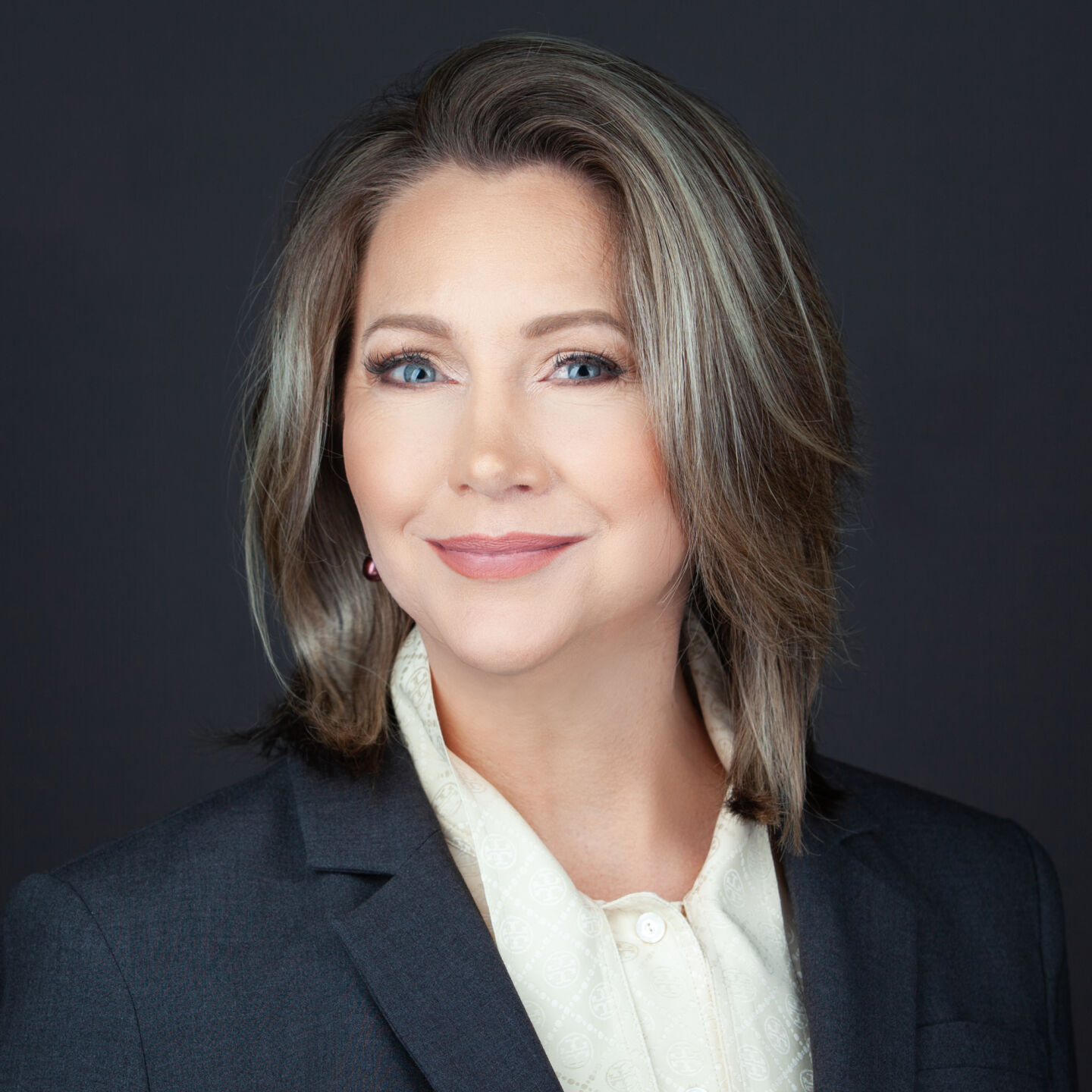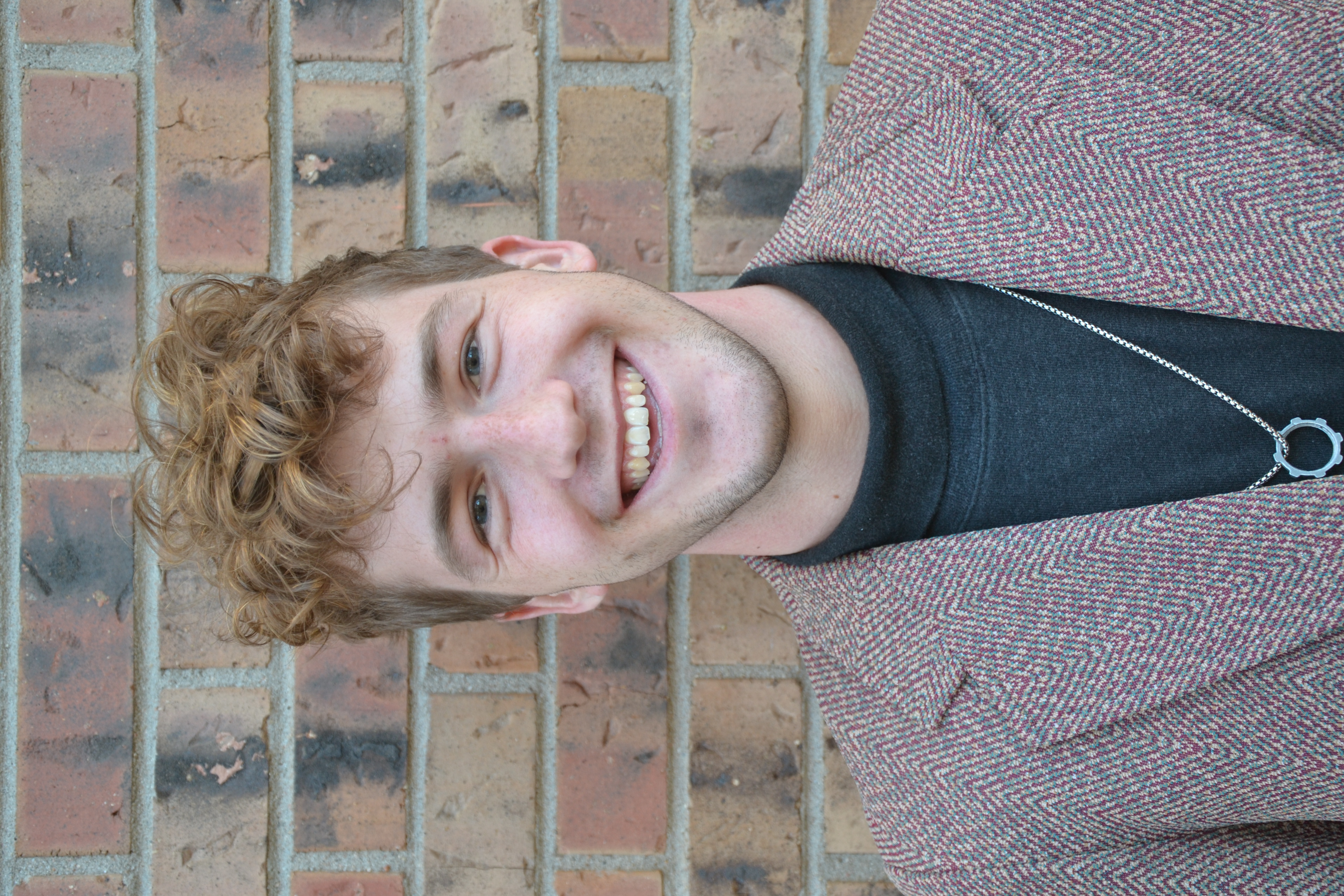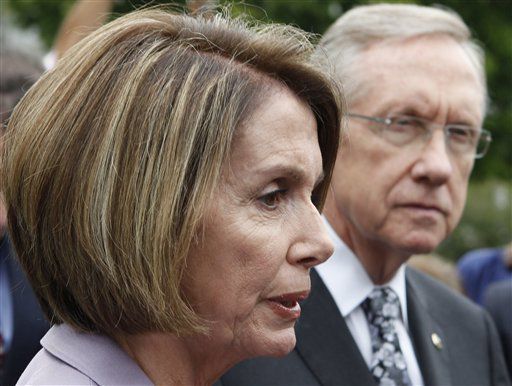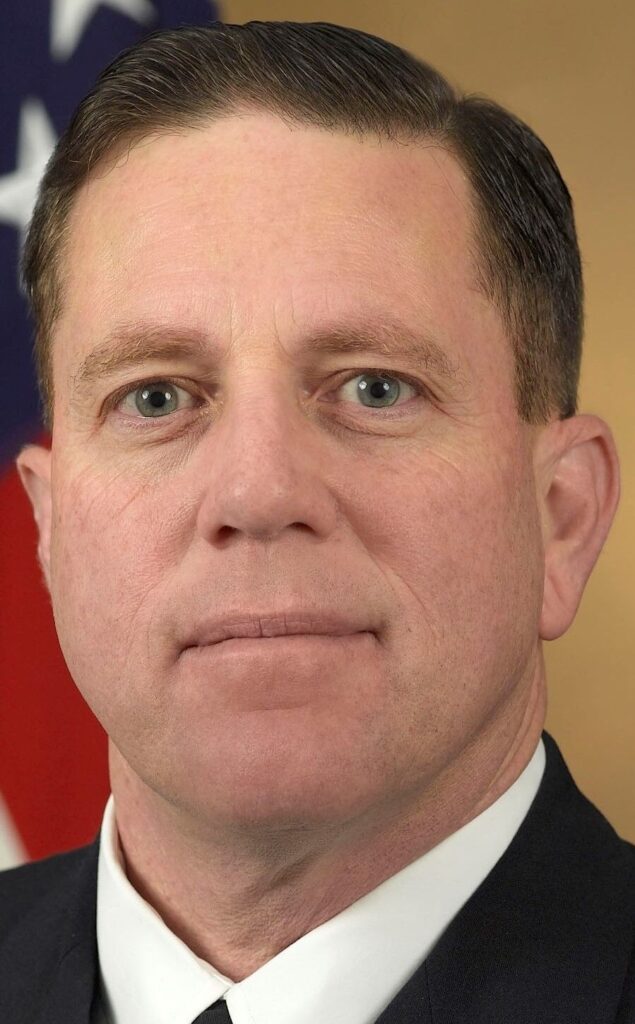PODIUM | Proportional democracy includes everyone



Irony is living in a country with democratic elections where some voters have little say in what the government does. Right now, if you are a Democrat in unincorporated Weld County, you have no one representing your interests until you get all the way up to the United States Senate. It is worse if you are a Republican in Denver – you get no representation at all. Zero. Taxation without representation is built into our system by our winner-take-all system and it erodes confidence in our form of government.
Our country has been downgraded to a “flawed democracy” by political scientists. Our winner-take-all system makes conflict worse and then sweeps it under the rug while ignoring valid viewpoints. Voters have few chances to vote for a candidate that really aligns with their values. The frustration people feel is only going to get worse because the digital hype machine is getting more sophisticated.
Most “full democracies” have Proportional Representation (PR), where everyone has their fair share of the say. If we updated our system to PR, people everywhere in the state would have their vote count equally. The good news here is that there is a hundred-year history of PR in American towns. From the experience of towns like Cambridge, Massachusetts and large-scale uses in places like Australia and Ireland, there are demonstrable facts.
The reason they have a healthy democracy is that their system manages the inevitable conflicts of competing interests.
Voting in a system of proportional representation is easy. Voters simply rank who they love, who they like and who they can live with. For executive offices that have to be winner-take-all, like mayor, the winner has to pass a majority threshold. That finds a leader where there is consensus that a majority of voters trust. For multi-winner, at-large offices the results are proportional. (The technical term for the tally is single-transferable vote at-large seats). The way it works is if a third of the folks in your town are establishment Republicans, then they get about a third of the seats. It builds a council that has the same mix of viewpoints that the city has. It spares us all of the errors that happen when everyone has the same view.
Using this new system would make it more likely that people from both parties would have at least one member from their party representing their concerns. It would not change which party wins the most power, but it would give the voters more ability to fine-tune which perspectives are writing the laws.
Some establishment politicos worry about proportional representation because minor party folks and independent wild-cards could get into office. The fact is that they will, but only in proportion to the number of voters who think that same way. They also deserve respect and a voice. Those new leaders may even get those non-voters engaged. The most important thing that proportional ranked-choice voting can do for Colorado is to strengthen the legitimacy of our shared government.
It is in our power to build a stronger democracy for future generations. Colorado cities can update their councils to include more at-large seats elected proportionally. Our state legislature can support the adoption of proportional representation in our state house and senate. Our Colorado delegation to the U.S. congress can join Rep. Joe Neguse in supporting the Fair Representation Act – because all of Colorado deserves a fair share of the say.
Linda Templin is the Executive Director for the RCV for Colorado, a voter-centered nonpartisan organization building election policy in concert with the two major parties, independent candidates and minor and emerging parties. Curtis Harrison is the Interim State Lead for the Colorado Forward Party, an emerging political party that welcomes conservatives and liberals, independents and libertarians – anyone who is interested in solving the problems that are currently plaguing our country and is willing to debate ideas in good faith.












